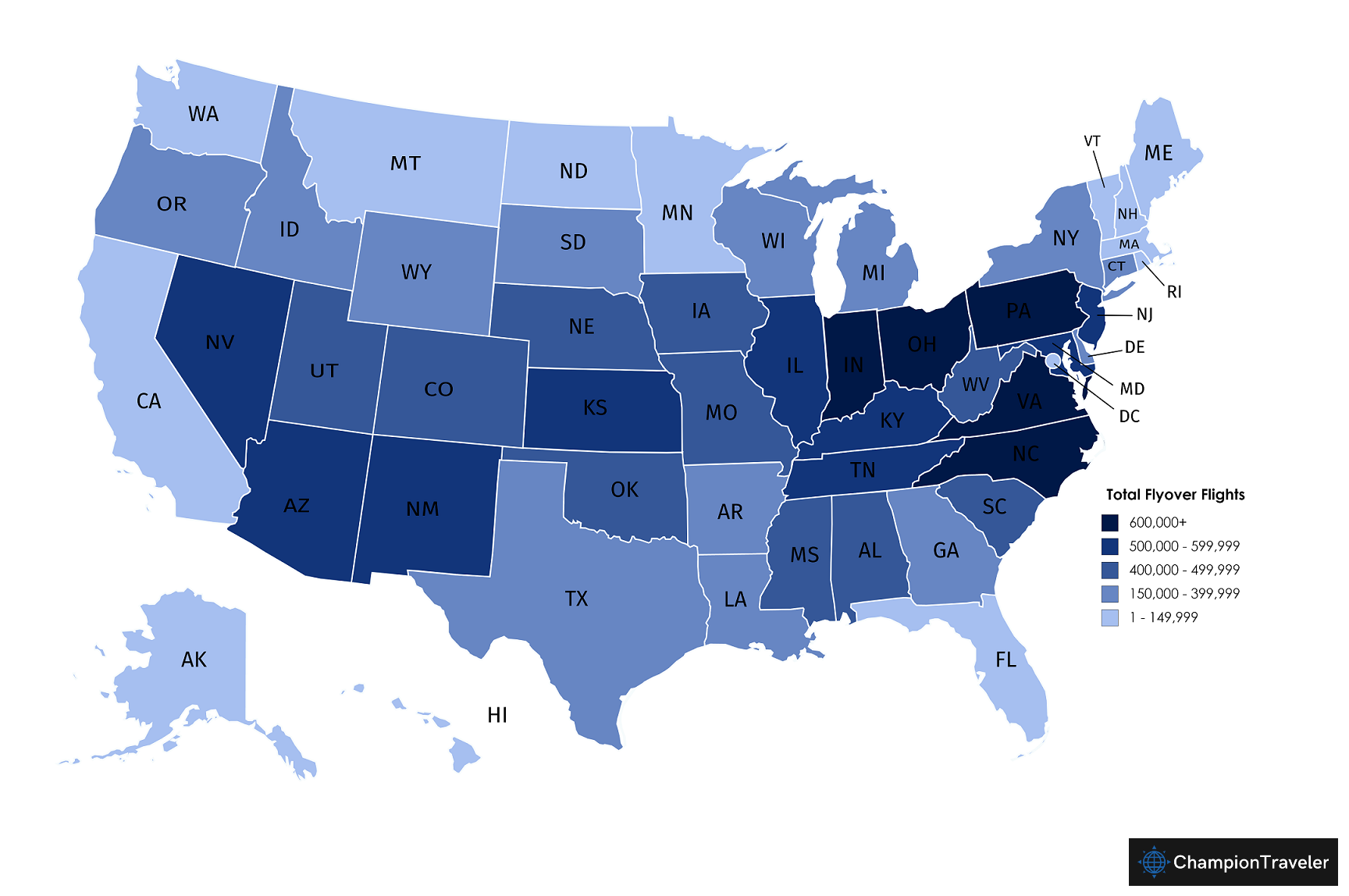Nebraska, a flyover state with a population of approximately 1.9 million, often goes unnoticed on the map. However, this underrated state offers more than meets the eye. With its legal off-grid living options and a favorable climate for agriculture, Nebraska presents an enticing opportunity for those seeking a simpler way of life. Boasting a diverse wildlife population and access to freshwater, including the Ogallala Aquifer, Nebraskans have the advantage of living close to nature. Furthermore, the state’s affordable land prices, good road access, and renewable energy options make it an appealing choice for off-grid enthusiasts. While property taxes may be high, the cost of living in Nebraska is significantly lower compared to the national average. Despite the occasional natural disaster and above-average crime rates in larger cities, Nebraska’s advantages ultimately overshadow any drawbacks, making it an attractive destination for those seeking the benefits of off-grid living.
Nebraska’s Population and Flyover State Status
Population Overview
Nebraska is often considered a flyover state, with a population of around 1.9 million. When it comes to population density, Nebraska ranks 43rd out of the 50 states. This means that there is plenty of open space and room to spread out, which can be attractive for those looking for off-grid living opportunities.
Flyover State Perception
Being a flyover state means that Nebraska is often overlooked or disregarded by travelers who only pass through it without exploring what it has to offer. However, this perception does not accurately reflect the beauty and opportunities that exist within the state. Nebraska has a lot to offer in terms of natural resources, wildlife, and a strong sense of community.
Off-Grid Living in Nebraska
Legality of Off-Grid Living
Off-grid living is legal in Nebraska, allowing individuals to disconnect from the traditional power grid and rely on alternative sources of energy. This lifestyle choice can provide more freedom and self-sufficiency for those who are willing to embrace it.
Local Regulations
While off-grid living is legal in Nebraska, it is essential to be aware of local regulations that may impact your lifestyle choice. One aspect to consider is sewer connections. Some areas may require a connection to a sewer system, meaning that living completely off-grid in those regions might not be possible. It is crucial to do thorough research and understand local regulations before committing to off-grid living in any specific area of Nebraska.
Sewer Connection Considerations
For those who do prefer off-grid living, there are options available for wastewater disposal. Some individuals may choose to use septic systems, composting toilets, or other alternative methods to manage their wastewater. Understanding the regulations and possibilities in your chosen area will help you make an informed decision about the best approach for sewer connection considerations.
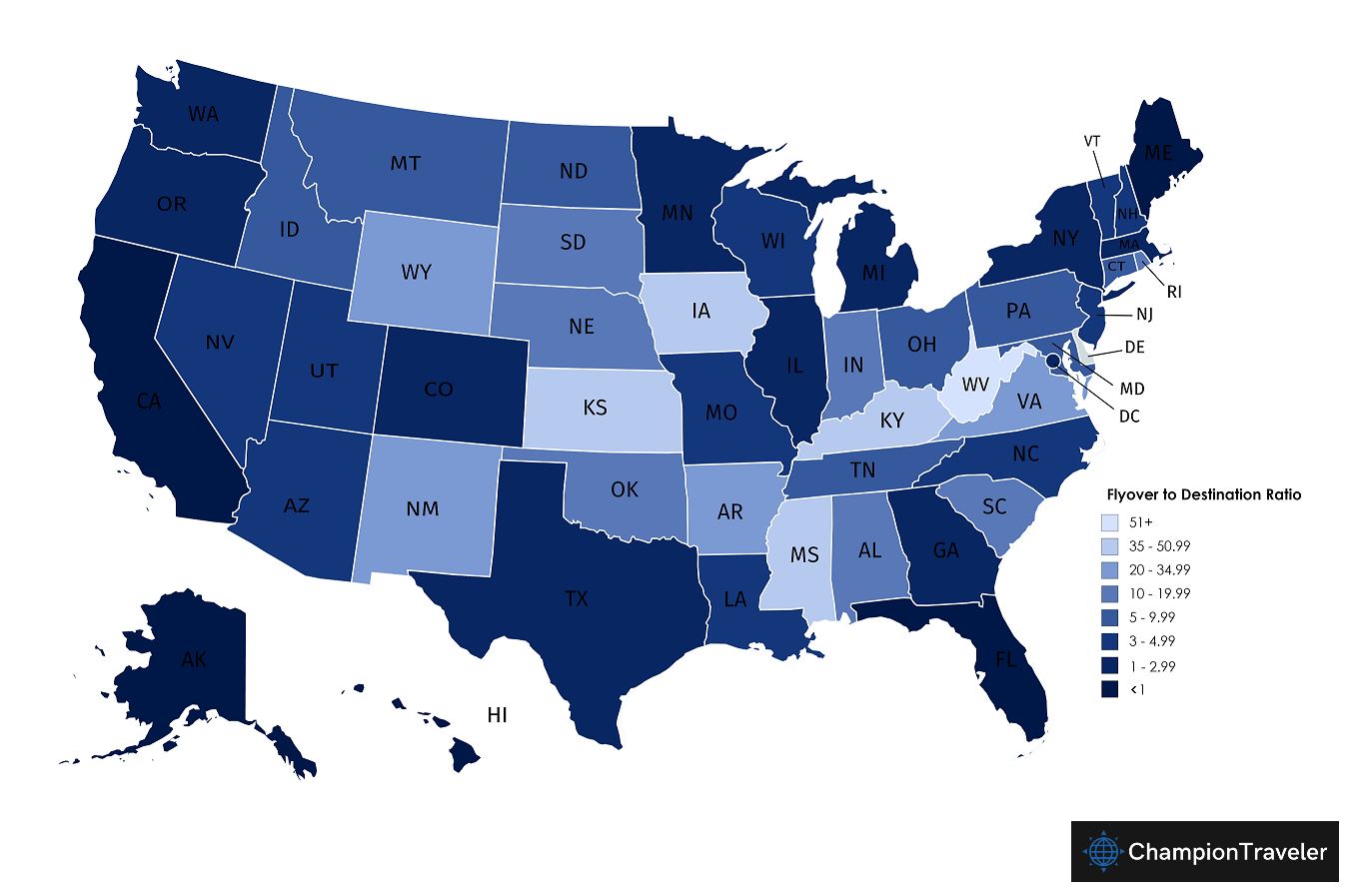
Climate and Agricultural Potential
Humid Continental Climate
Nebraska experiences a humid continental climate, which means that it has hot summers and cold winters. The state is positioned in the central part of the United States, away from any significant bodies of water, which can lead to more extreme temperatures compared to coastal regions.
Seasonal Characteristics
Nebraska’s climate is characterized by distinct seasons. Summers can be hot and humid, with temperatures often exceeding 90°F (32°C). Winters, on the other hand, are cold, and temperatures can drop well below freezing, with occasional snowfall. The changing seasons provide unique opportunities and challenges for those interested in off-grid living, as both heating and cooling systems may be necessary.
Ideal Crops for Nebraska
Nebraska’s climate and fertile soil make it an ideal place for agriculture. The state is known for its production of crops such as corn, wheat, grains, potatoes, and beans. The agricultural sector plays a crucial role in the state’s economy, providing ample opportunities for those interested in farming and homesteading.
Role of Agriculture in the State
Agriculture is a significant industry in Nebraska, contributing to the state’s economic growth and providing employment opportunities. The fertile soil and favorable climate conditions make it an attractive place for individuals interested in sustainable living and self-sufficient farming practices. Those looking to embrace off-grid living in Nebraska can tap into the rich agricultural heritage of the state and potentially become part of the robust farming community.
Freshwater Availability in Nebraska
Access to the Ogallala Aquifer
One of the key advantages of off-grid living in Nebraska is freshwater availability. The state has access to the Ogallala Aquifer, one of the largest underground freshwater sources in the world. This natural resource provides irrigation water for agricultural purposes, as well as drinking water for communities across the region.
Fossil Water and Replenishment Issues
However, it is crucial to note that the water in the Ogallala Aquifer is often referred to as “fossil water,” meaning it is not replenished at a rate that can sustain long-term usage. As a result, careful management and conservation efforts are necessary to ensure the continued availability of this valuable resource for future generations. Those considering off-grid living in Nebraska should be mindful of their water usage and explore sustainable practices to minimize their impact on the aquifer.
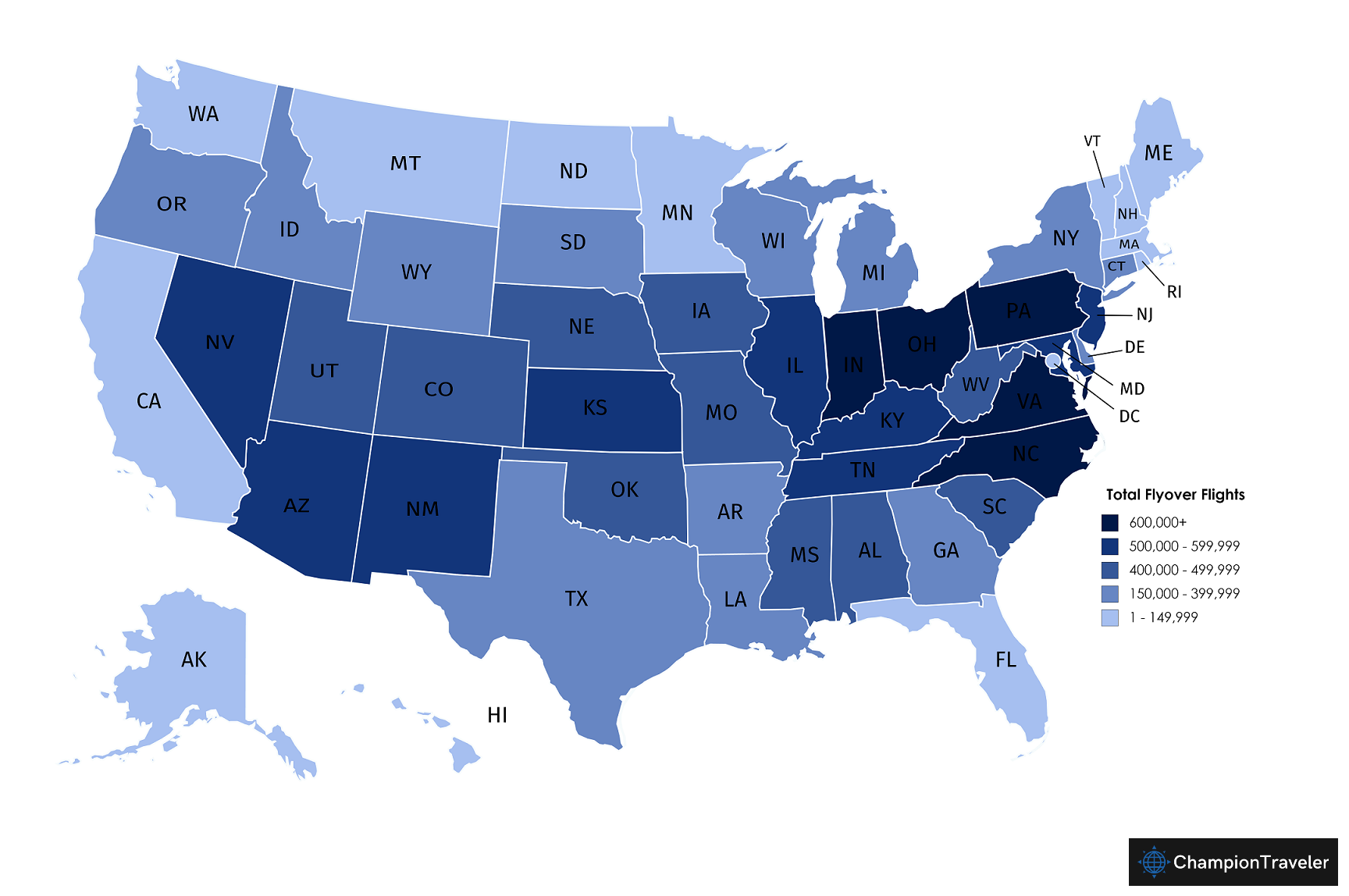
Diverse Wildlife in Nebraska
White-Tailed Deer
Nebraska is home to a diverse range of wildlife, making it an attractive destination for nature enthusiasts. One of the most notable species is the white-tailed deer. These graceful creatures can be found throughout the state, offering opportunities for hunting, wildlife observation, and a deep connection with the natural world.
Elk
In addition to white-tailed deer, Nebraska is also home to elk. The state’s varied landscapes, including forests and grasslands, provide an ideal habitat for these majestic animals. Observing elk in their natural environment can be a remarkable experience for those living off-grid in Nebraska.
Prairie Dogs
Prairie dogs are another fascinating species found in Nebraska. These small, burrowing rodents play a vital role in the ecosystem by creating habitats for numerous other species. They are known for their intricate and sophisticated social structures, making them a captivating addition to the wildlife diversity of the state.
Fish Species
Nebraska’s rivers, lakes, and reservoirs offer excellent fishing opportunities. The state is home to a variety of fish species, including catfish, bass, trout, and more. For those interested in off-grid living, having access to abundant fishing spots can provide a valuable source of food and recreational activities.
Off-Grid Power Generation in Nebraska
Solar Power Potential
Nebraska offers a considerable potential for solar power generation due to its sunny climate. The state experiences approximately 200 sunny days per year, making it an ideal location for harnessing the energy of the sun. Installing solar panels can provide a reliable and sustainable source of electricity for those living off-grid in Nebraska.
Wind Power Potential
In addition to solar power, Nebraska also has significant potential for wind power generation. The state’s open landscapes and consistent wind patterns make it an excellent location for wind turbines. Generating electricity from wind can be a viable option for those seeking off-grid power solutions in Nebraska.
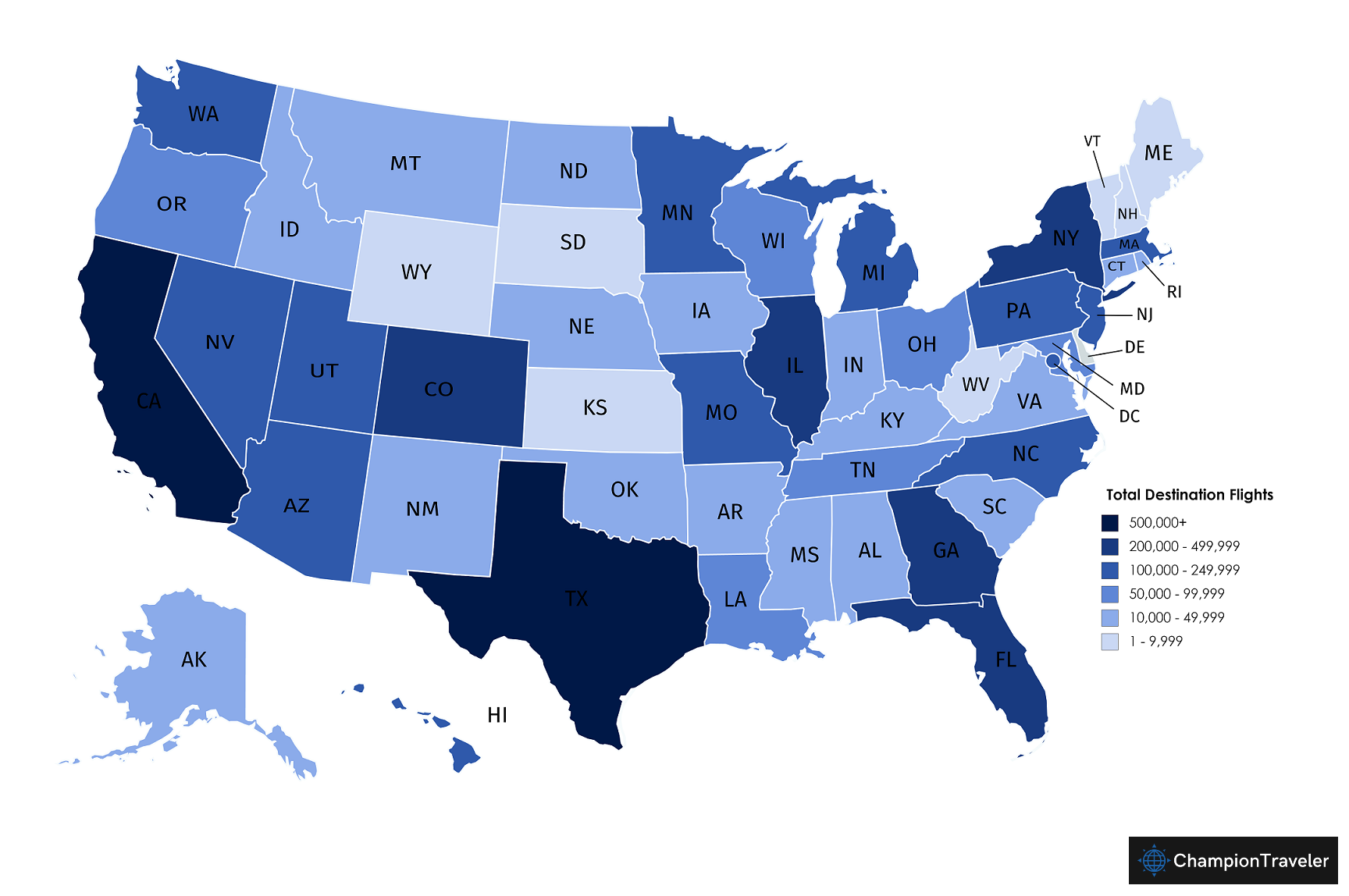
Cost and Accessibility of Land in Nebraska
Relatively Cheap Land Prices
One major advantage of off-grid living in Nebraska is the relatively affordable cost of land. Compared to other states, Nebraska offers land at lower prices, allowing individuals to acquire larger plots and embrace a self-sufficient lifestyle without breaking the bank. This affordability makes it an attractive destination for those looking for off-grid opportunities.
Opportunities for Off-Grid Living
The accessibility of affordable land in Nebraska presents numerous opportunities for off-grid living. Whether you are interested in establishing a self-sustainable farm, building a tiny home, or creating an off-grid homestead, the state’s abundance of open space provides a canvas to turn your dreams into a reality.
Road Access and Traffic in Nebraska
Good Road Access
Nebraska benefits from a well-developed road infrastructure, providing good access to different parts of the state. This reliable network of roads and highways ensures that off-grid communities in Nebraska can maintain connectivity with nearby towns and cities, facilitating the transportation of goods and access to essential services.
Traffic Jams Caused by Agricultural Equipment
While road access is generally good, it is essential to be aware of potential traffic issues caused by agricultural equipment. Nebraska’s economy relies heavily on agriculture, and during certain seasons, farm machinery may be on the roads, leading to slower traffic or occasional congestion. This factor should be taken into consideration when planning travel routes and timing for those living off-grid in Nebraska.
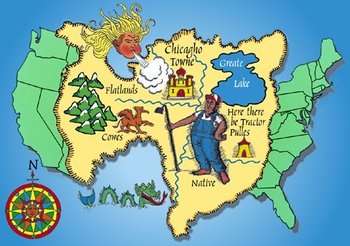
Property Taxes and Cost of Living
High Property Taxes
Nebraska has higher property taxes compared to the national average. On average, property taxes in the state account for approximately 1.8% of a property’s assessed value. This aspect should be considered when budgeting for off-grid living in Nebraska, as it can impact the overall cost of homeownership.
Relative Cost of Living
Despite higher property taxes, the overall cost of living in Nebraska is relatively lower compared to the national average. This affordability extends to various aspects of daily life, including groceries, transportation, healthcare, and utilities. For individuals seeking a more economical lifestyle, Nebraska provides an opportunity to reduce expenses while enjoying the benefits of off-grid living.
Advantages of Off-Grid Living in Nebraska
Low Cost of Living
One of the significant advantages of off-grid living in Nebraska is the low cost of living. Affordable land prices, lower overall expenses, and the potential for self-sufficiency allow individuals to stretch their budgets and live a simpler, more sustainable lifestyle.
Cheap Land
The availability of cheap land in Nebraska presents an opportunity for off-grid living that may be cost-prohibitive in other states. The lower acquisition costs make it easier to establish your off-grid home or farm, giving you the freedom to create a self-sustaining environment that aligns with your values and goals.
Fertile Soil for Crops
Nebraska’s fertile soil provides a solid foundation for those interested in off-grid agriculture. The state’s suitability for growing crops such as corn, wheat, grains, potatoes, and beans opens up possibilities for sustainable living, food production, and potential income streams through the sale of surplus crops.
In conclusion, Nebraska offers a range of advantages for individuals interested in off-grid living. With its low population density, favorable climate, access to freshwater sources, diverse wildlife, and affordable land prices, Nebraska provides ample opportunities to embrace a self-sufficient and sustainable lifestyle. Whether you are looking to disconnect from the traditional power grid, embark on an agricultural venture, or simply enjoy the beauty of nature, Nebraska can be a welcoming destination for those seeking off-grid living experiences.

